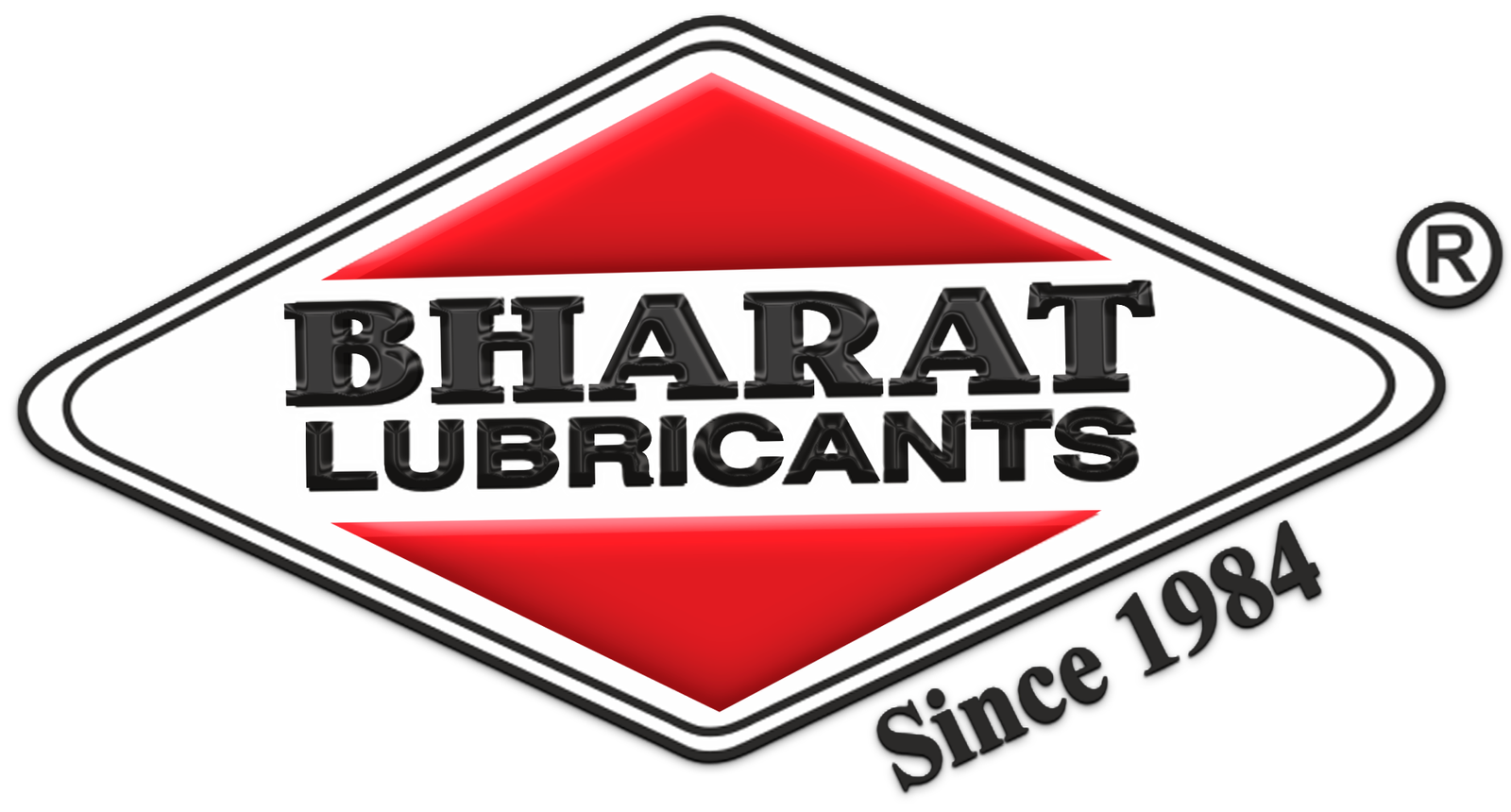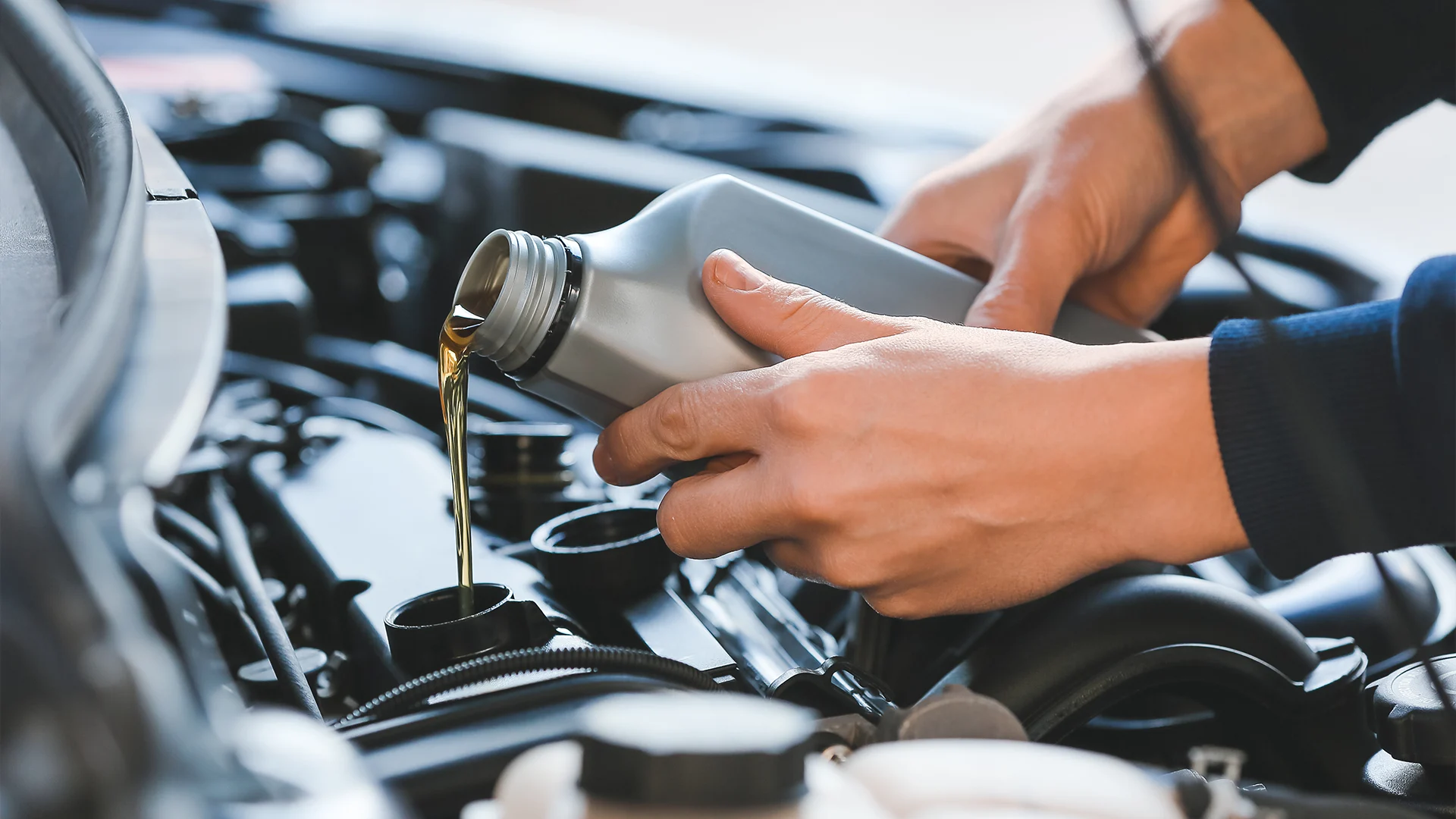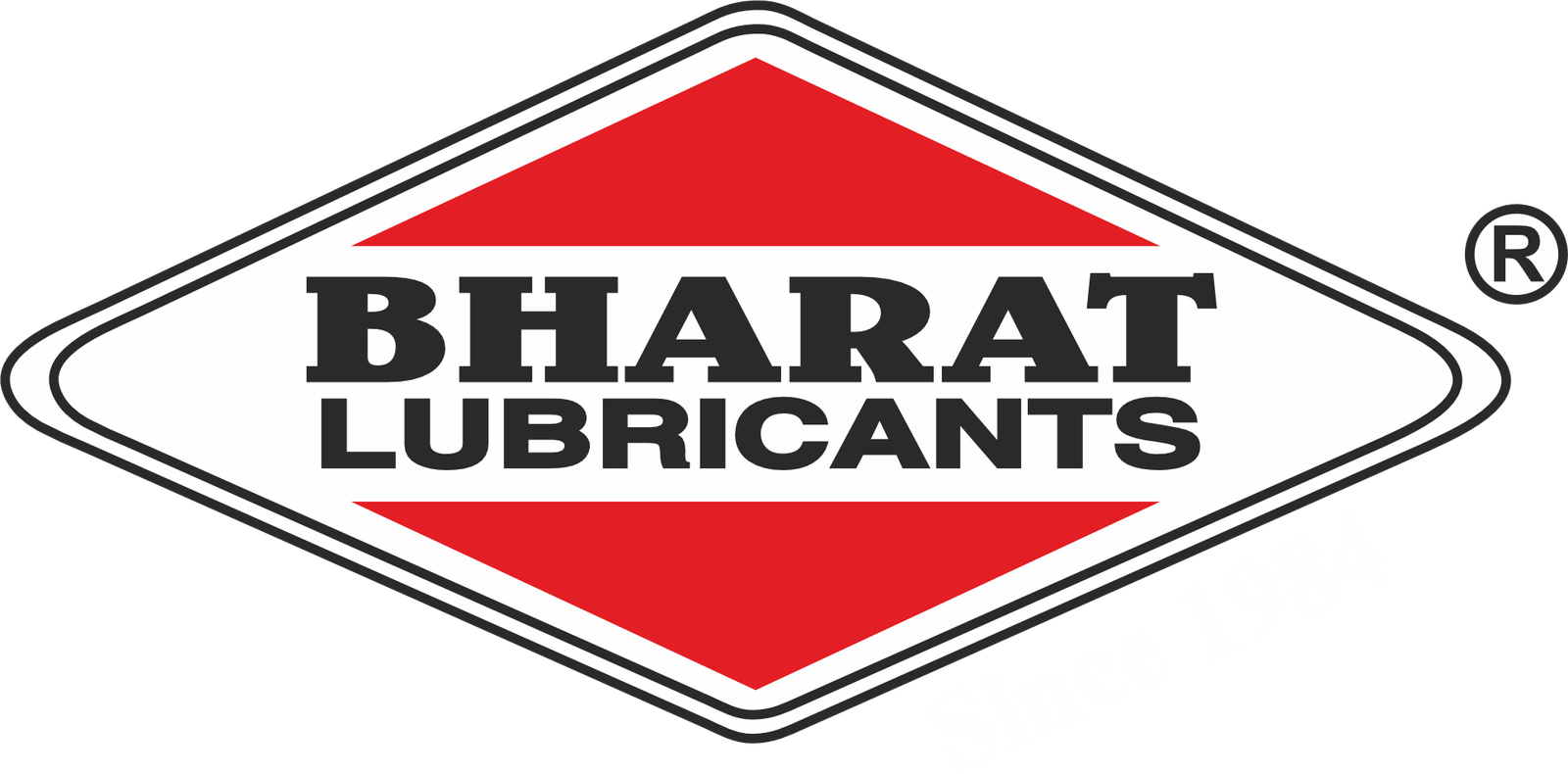● August 15, 2025
Modern engines are more powerful, efficient, and complex than ever before. But to keep them running smoothly under high stress, heat, and varying driving conditions, engine oils have evolved far beyond simple lubrication. The secret behind this evolution lies in advanced additives—special chemical compounds that dramatically boost oil performance and engine protection.In this article, we’ll explore what additives are, how they work, and why they are critical to your vehicle’s long-term health.
What Are Additives in Engine Oils?
Additives are chemical enhancers blended into base oils to improve their performance, stability, and protective properties. While the base oil provides fundamental lubrication, additives handle specialized tasks like cleaning, reducing wear, neutralizing acids, and preventing sludge build-up.Typically, modern engine oils contain 15–25% additives by volume—each serving a unique role in protecting your engine.Key Functions of Oil Additives:
1. Reducing Wear and Friction
- Anti-wear agents like Zinc Dialkyldithiophosphate (ZDDP) form a protective film on engine surfaces, minimizing metal-to-metal contact.
- This prevents premature wear, extending engine life even under heavy loads and high RPMs.
2. Keeping Engines Clean
- Detergents and dispersants prevent sludge, varnish, and deposit build-up.
- They keep contaminants suspended in the oil so they can be removed during oil changes.
- This ensures smoother performance and maintains fuel efficiency.
3. Preventing Oxidation and Oil Breakdown
- High engine temperatures can cause oil to oxidize, leading to thickening and corrosive by-products.
- Antioxidant additives slow this process, maintaining oil stability over longer service intervals.
4. Neutralizing Acids
- Combustion can produce acidic compounds that corrode metal parts.
- Alkaline detergents neutralize these acids, protecting internal components.
5. Enhancing Viscosity Control
- Viscosity index improvers help oil maintain the right thickness across extreme temperatures.
- This ensures reliable lubrication in both cold starts and high-heat driving conditions.
6. Controlling Foam
- Excessive foam reduces lubrication efficiency.
- Anti-foam agents break down air bubbles, keeping oil flow smooth and consistent.
Why Additives Are Vital for Modern Engines
Today’s engines operate under tighter tolerances, higher compression ratios, and stricter emission standards. Without additives, oil would quickly lose its protective properties, leading to:- Increased wear and tear
- Poor fuel economy
- Higher emissions
- Shortened engine life
How Bharat Lubricants Uses Additives for Best Results
At Bharat Lubricants, we don’t just blend oil — we engineer performance. Our formulations are developed with precisely balanced additive packages that are matched to the engine type, operating environment, and performance needs. For example:- High-performance motorcycle oils include friction modifiers for smoother gear shifts and maximum power delivery.
- Heavy-duty diesel oils feature extra detergents to handle soot and high combustion deposits.
- Passenger car engine oils are enhanced with advanced antioxidants for longer drain intervals and improved fuel economy. Every Bharat Lubricants product goes through rigorous testing to ensure the additives work in harmony with premium base oils — preventing premature wear, keeping engines clean, and delivering optimum performance across India’s diverse driving conditions.
Final Thoughts
Engine oil additives aren’t just an “extra”—they are the backbone of modern lubrication technology. By keeping engines clean, preventing wear, and optimizing performance, they allow vehicles to operate efficiently and reliably in all conditions. When you choose Bharat Lubricants, you’re choosing more than just oil — you’re choosing scientifically designed additive technology that works tirelessly to protect your engine, mile after mile.
Things to Keep in Mind Before Becoming a Lubricant Distributor for Any Company in India
- August 15, 2025









